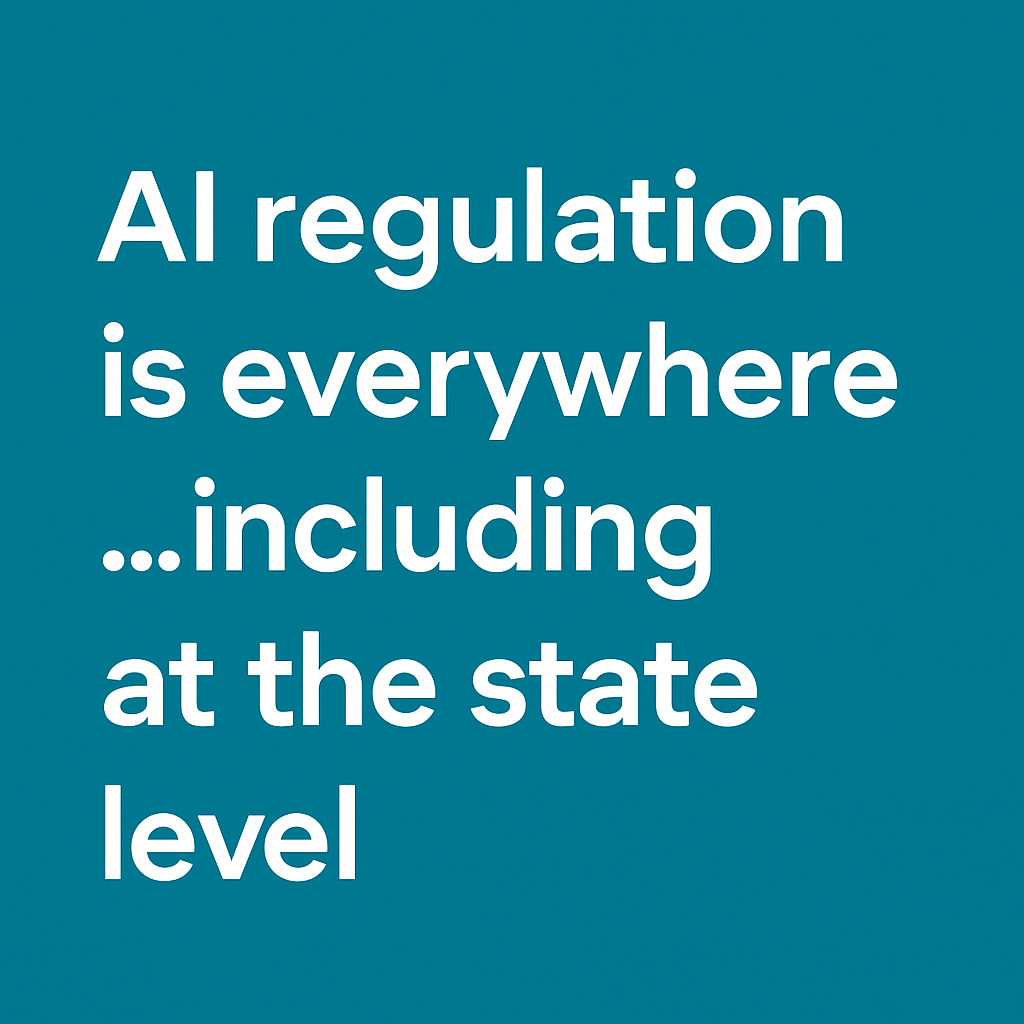Last month, the SEC released its examination priorities for 2024. These priorities broadly provide a glimpse into the SEC’s plans for forthcoming investigation and enforcement actions.
As a preliminary matter, it’s worth noting that for the first time, the SEC is releasing its examination priorities in alignment with the start of the fiscal year. This change, along with a stated commitment to increased in-person fieldwork, compliance outreach events, and speaking engagements, may signal a period of increased enforcement activity for the SEC.
While the 2024 examination priorities touch on a wide range of topics, I want to note a few highlights that may be of particular interest.
The marketing rule
First, the SEC notes a continued focus on the “Marketing Rule” (17 CFR § 275.206(4)-1, adopted by the SEC in December 2020), which regulates investment advisers’ marketing communications. Specifically, the examination priorities include assessments as to whether advisers have: (1) adopted and implemented policies and procedures to prevent violations of the Advisers Act and rules under it; (2) disclosed their marketing-related information on Form ADV; and (3) maintained substantiation of their processes and other require books and records. As per the SEC, marketing practice reviews in 2024 will also assess whether advertisements include untrue statements of a material fact, are misleading or deceptive, and comply with requirements regarding performance, third-party ratings, and testimonials and endorsements.
This focus is consistent with the SEC’s recent enforcement activity. In August 2023, the SEC issued an order and settlement in an administrative case against an investment advisor offering a range of managed strategies, including a crypto strategy. The SEC charged violations of the Marketing Rule (in addition to other charges), claiming that advisor had advertised hypothetical performance without implementing policies and procedures to ensure that the hypothetical performance was relevant to audience objectives, that it had failed to material provide information underlying the hypothetical performance, and that it made misleading statements in advertisements regarding the hypothetical performance. Given the continued focus on the Marketing Rule in the 2024 examination priorities, additional cases of this nature (and additional settlements) seem likely.
Emerging technology
Another point worth noting is a focus on emerging financial technology, including crypto assets and broker-dealer mobile applications. Specific services drawing the SEC’s attention include “automated investment tools, artificial intelligence, and trading algorithms or platforms.” This raises a particular note of concern for platforms and services using AI and machine learning-assisted predictive analytics.
Best interest
Tying into concerns regarding emerging financial technology in a more general sense, the SEC also notes a renewed focus on the enforcement of “Regulation Best Interest” (17 CFR § 240.15l-1, adopted by the SEC in June 2019). Products drawing particular scrutiny include those which are (1) complex, such as derivatives and leveraged ETFs; (2) high cost, such as variable annuities; (3) illiquid, such as nontraded REITs and private placements; (4) proprietary; and (5) microcap securities.
Crypto assets
This is in addition to a focus on crypto assets generally, including a focus on whether advisers are complying with the asset custody requirements under the Custody Rule (17 CFR § 275.206(4)-2). Considering the currently proposed amendments to the Custody Rule, which would not only substantially expand the compliance requirements under the rule, but would also expand the rule’s scope to cover “other positions held in the client’s account” (likely including most crypto assets) in addition to the traditional funds and securities, this renewed focus may suggest that the SEC will continue to press this point on an ongoing basis.
Taken as a whole, the 2024 examination priorities don’t represent a change of direction for the SEC so much as an increased focus on the subjects of its attention over the last few years. Given the possibility that the SEC is signaling an increase in its compliance enforcement, and the unlikelihood that the regulatory winds will shift in the near future, it will probably remain critical for affected parties to beef up their compliance practices, and to stay up-to-date on the SEC’s guidance and other activity.
The opinions provided are those of the author and not necessarily those of Fidelity Investments or its affiliates. Fidelity does not assume any duty to update any of the information. Fidelity and any other third parties are independent entities and not affiliated. Mentioning them does not suggest a recommendation or endorsement by Fidelity.
1117147.1.0




-1.png)

